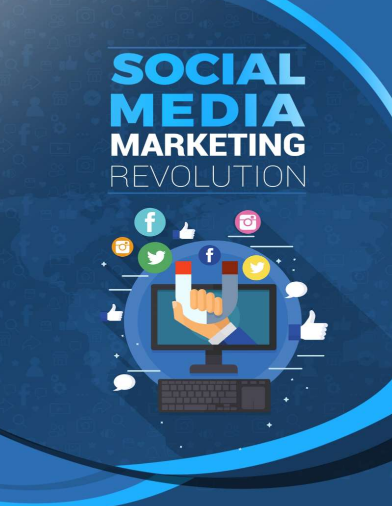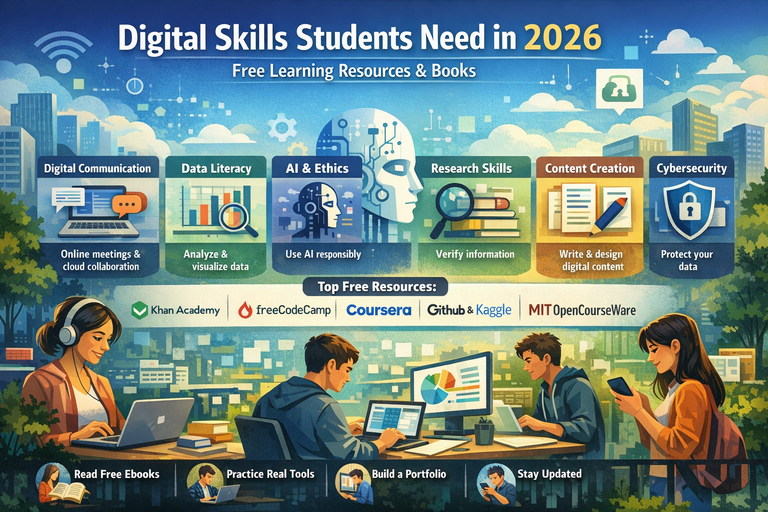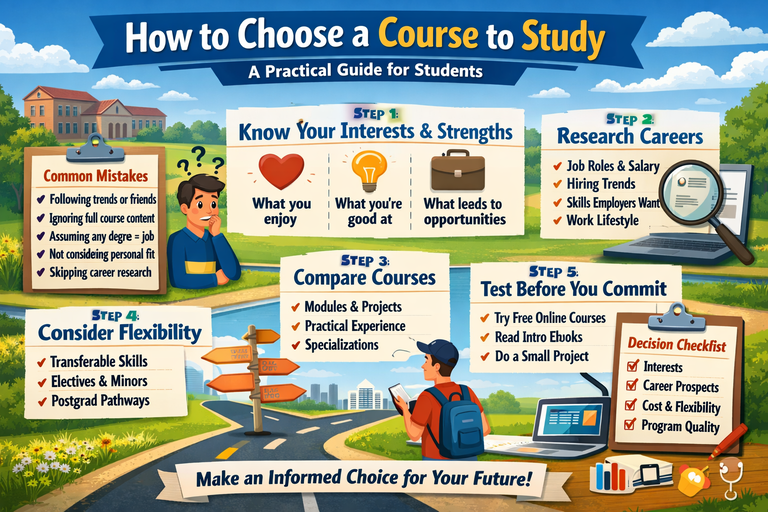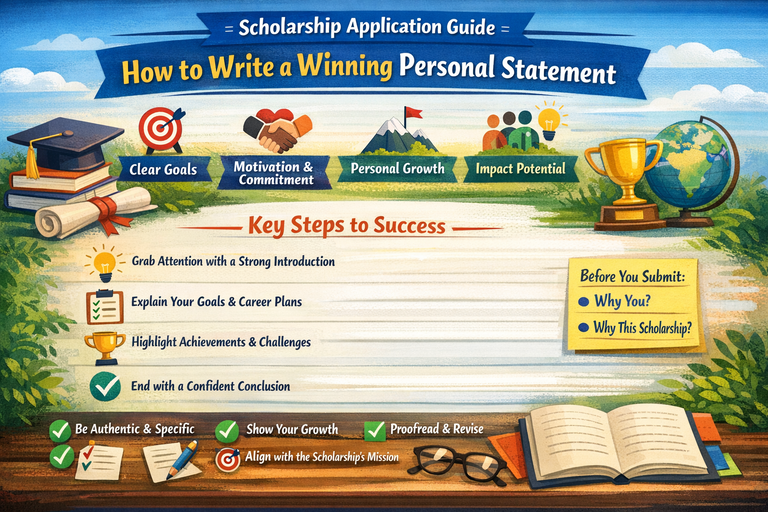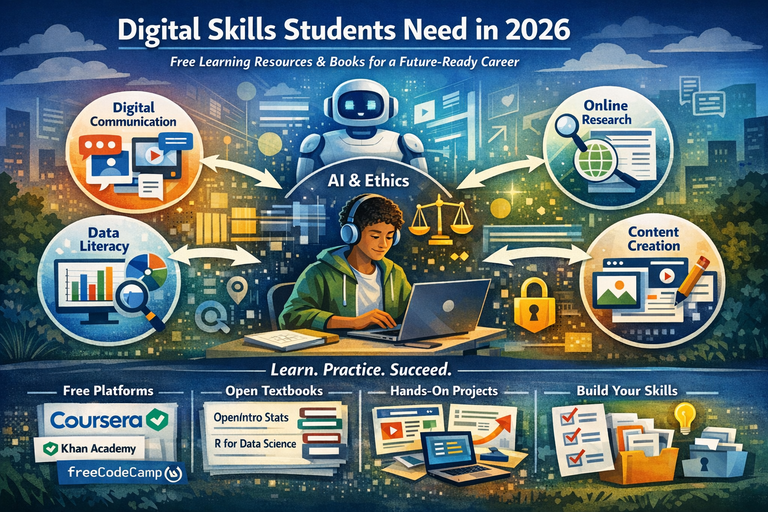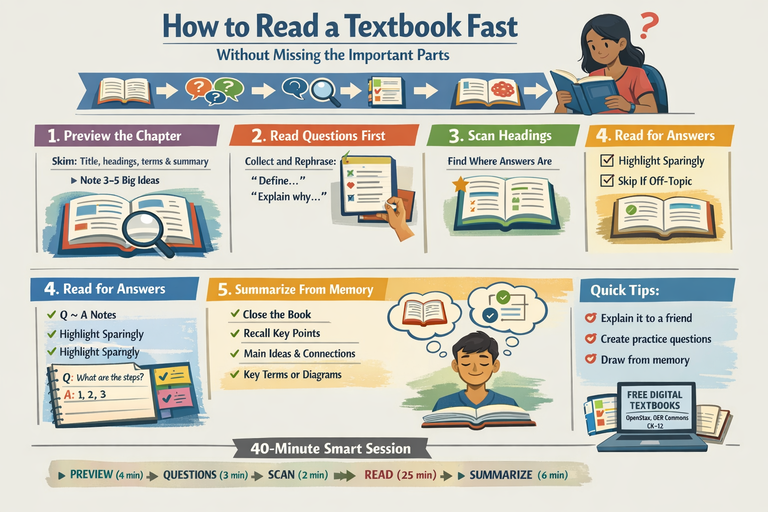Startup Stories in Fiction: Tales of Risk, Innovation, and Disruption
Startups are often associated with Silicon Valley, venture capital pitches, and product launches. But long before real-world founders made headlines with unicorn valuations and billion-dollar exits, fiction was already exploring the spirit of innovation and the high-stakes drama of building something from nothing.
From the pages of literary classics to contemporary novels, fiction is rich with startup stories—tales where characters bet everything on a new idea, challenge entrenched systems, and navigate the fine line between success and failure.
These stories are not just entertaining narratives. They reflect core themes of risk, disruption, and the human desire to create, to change, and to be remembered. Fictional startups may not always resemble sleek tech companies, but the entrepreneurial DNA is unmistakable: visionaries who see the world differently, rebels who defy convention, and builders who leave a legacy.
In many ways, startups in fiction provide a lens to explore larger questions. What motivates someone to take a leap into the unknown? What sacrifices must be made in pursuit of innovation? How does one deal with setbacks, betrayal, or ethical compromise? These are questions entrepreneurs face every day—and fiction, in its many forms, offers compelling answers.
One of the earliest and most powerful fictional depictions of a startup-like journey can be found in Mary Shelley’s Frankenstein. While not a business venture in the traditional sense, Victor Frankenstein’s ambition to create life from inanimate matter echoes the mindset of the disruptive innovator.
He sees a scientific opportunity no one else dares to pursue, takes immense personal risks, and ultimately unleashes something he cannot control. The story raises ethical questions about innovation and responsibility—questions still relevant in today’s age of artificial intelligence, biotech, and disruptive technology.
Fast-forward to Ayn Rand’s The Fountainhead, and we find another archetype of the entrepreneurial spirit in Howard Roark. An uncompromising architect who refuses to conform to traditional design philosophies, Roark represents the founder who chooses purpose and integrity over quick wins and popular approval.
His journey is a classic startup tale: rejected by the establishment, working in obscurity, but ultimately achieving recognition on his own terms. Whether one agrees with Rand’s philosophy or not, the entrepreneurial message is clear—real innovation often means standing alone.
In more contemporary fiction, startup narratives have taken on forms that closely resemble the high-tech ecosystems of the 21st century. Dave Eggers’ The Circle offers a fictional tech startup that mirrors companies like Google, Facebook, or Amazon.
The story follows Mae Holland, a young employee at a powerful tech company that starts with big dreams of transparency, connection, and efficiency. But as the company grows, its ideals are compromised by surveillance, loss of privacy, and unchecked ambition. The Circle is a cautionary tale about how innovation, when left unexamined, can disrupt not just markets but the very fabric of society.
Another compelling story of startup ambition can be found in Gabrielle Zevin’s Tomorrow, and Tomorrow, and Tomorrow. While not about a tech startup per se, the novel explores the journey of two friends who build a video game company from the ground up.
Their story captures the passion, exhaustion, and interpersonal complexities involved in building a creative enterprise. It’s a reminder that innovation isn’t always about profit—it can be about storytelling, artistry, and human connection.
The theme of disruption also plays a central role in Lauren Beukes’ Moxyland. Set in a near-future Cape Town controlled by powerful tech corporations, the novel features a group of young characters trying to push back against a dystopian startup-dominated society. Through digital subversion and underground resistance, the protagonists seek to disrupt the disruptors. Here, the startup isn’t a small company seeking growth; it’s the system itself—big tech gone rogue. The story flips the narrative and explores what happens when the spirit of innovation is co-opted by oppressive institutions.
Then there’s the role of failure—an essential part of the startup journey, yet often overlooked in romanticized depictions. In Jonathan Franzen’s Purity, the character Andreas Wolf runs a digital transparency organization that begins with noble intentions but becomes entangled in deception and manipulation. The novel peels back the layers of the charismatic founder and examines how ego and personal trauma can distort even the most idealistic ventures. It’s a sobering reminder that risk doesn’t always lead to reward and that the line between disruption and destruction is often thin.
Fiction also explores the startup mentality outside of traditional tech spaces. In novels like Colson Whitehead’s The Nickel Boys, we encounter characters who must innovate simply to survive. Though not startup stories in the conventional sense, these narratives feature protagonists who must build systems, networks, and strategies under impossible circumstances. Their “startups” are acts of resistance, education, or reform—startups of the soul, driven by moral urgency rather than market opportunity.
Another interesting example is Mohsin Hamid’s How to Get Filthy Rich in Rising Asia. Structured as a parody of a self-help book, the novel follows the unnamed protagonist as he climbs the economic ladder in a fictional South Asian country. From selling bottled water to becoming a powerful businessman, the protagonist’s journey mirrors that of a scrappy startup founder.
The book critiques consumerism and the cost of ambition, while also celebrating the drive to escape poverty through ingenuity. It’s a compelling blend of satire, hustle, and survival.
In literary fiction, startups also become metaphors for personal reinvention. Consider Cheryl Strayed’s memoir Wild, which while nonfiction, has inspired countless fictional counterparts. Here, the “startup” is the character’s life itself—rebuilt through radical change, isolation, and introspection. The disruption is internal, the risk deeply personal. These narratives remind us that entrepreneurship isn’t always about building a company. Sometimes, it’s about rebuilding oneself.
Moreover, the startup journey often brings with it a sense of loneliness. Many fictional entrepreneurs face isolation as they chase their visions. This is poignantly portrayed in Meg Wolitzer’s The Female Persuasion, where characters wrestle with ambition, mentorship, and the cost of trying to build something meaningful. Even in stories where the startup succeeds, there is often a sense of what was lost—relationships, youth, ideals.
Fiction also allows us to explore the intersection of entrepreneurship and identity. In books like Angie Thomas’ The Hate U Give, the idea of building something—whether it’s a social movement, a personal brand, or a safe space for truth—is a form of resistance. Here, the protagonist’s “startup” is her voice, her activism, her choice to speak out and change her world. The risk is enormous, but so is the potential for impact. Such stories challenge us to rethink what it means to be an entrepreneur and who gets to be one.
In fantasy and science fiction, startup stories take on imaginative dimensions. In Becky Chambers’ A Long Way to a Small, Angry Planet, the crew of a space-tunneling ship functions like a startup team—diverse, passionate, slightly chaotic. Their venture isn’t about building an app or turning a profit; it’s about expanding horizons, literally and metaphorically. Fictional startups in these genres ask what might be possible if innovation were unbounded by the laws of current reality.
Ultimately, what makes startup stories in fiction so powerful is their emotional core. Behind every pitch deck, every elevator speech, every growth hack, there’s a human being with dreams, doubts, and desires. Fiction gives us access to those inner lives.
It strips away the hype and reveals the cost of creation—the late nights, the moral dilemmas, the fear of failure, the thrill of success. These stories resonate because they reflect our own struggles to make something meaningful in a world that often feels indifferent.
As real-world startups continue to shape the economy, culture, and our daily lives, the fictional exploration of these themes becomes even more relevant.
Through novels, readers can experience the adrenaline of launching something new, the heartbreak of watching it collapse, and the resilience it takes to try again. Fictional startups may not earn seed funding or make Forbes lists, but they leave an impact—on the characters who build them and the readers who follow their journeys.
In the end, fiction reminds us that innovation is not just about technology. It’s about people. It’s about vision. It’s about risk, disruption, and the belief that things can be different. And sometimes, that belief is the boldest startup of all.



